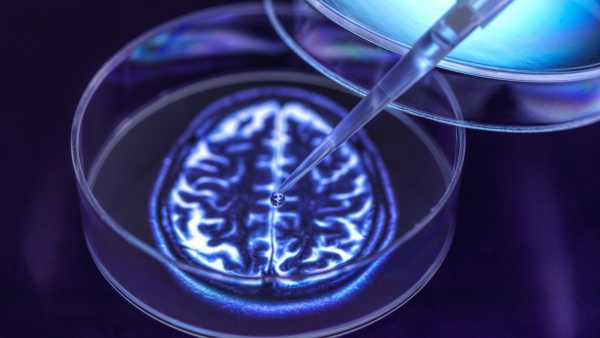
(Image credit: TEK IMAGE/SCIENCE PHOTO LIBRARY via Getty Images)
Scientists generally believe that brain organoids—three-dimensional tissue clusters that mimic certain brain structures—are too simple to support consciousness. But as brain organoids become increasingly complex, there is a theoretical possibility that some of them could one day surpass this threshold.
Brain organoids created to date typically represent only one part of the brain. They are used to study brain development, diseases, and drug side effects without requiring animals or the human brain.
You may like
-
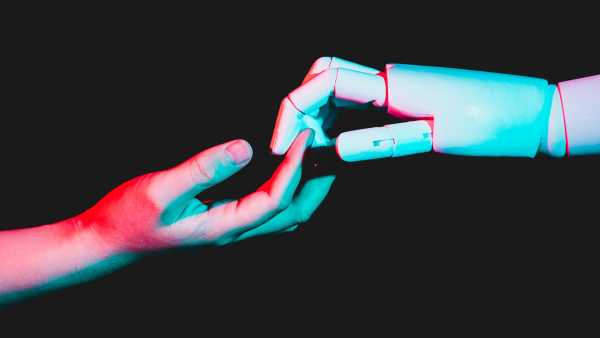
“I Would Never Let a Robot Carry My Baby”: A Poll on “Pregnancy Robots” Divides Live Science Readers
-
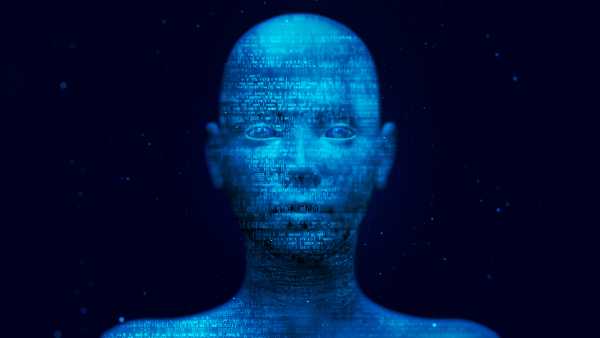
'It's impossible to put the genie back in the bottle': Readers believe it's too late to stop the development of artificial intelligence
-
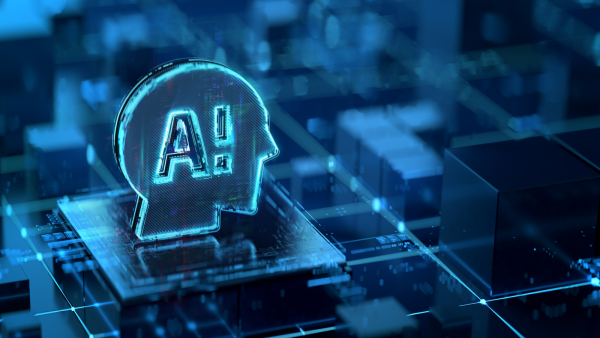
“I trust AI like a sailor trusts the sea. It can carry you far, but it can also drown you.” Survey results show that the majority distrust AI.
In a Live Science poll, we asked readers whether it would be acceptable to experiment with lab-grown “brains” if they became conscious. Around 657 readers responded before the poll closed.
About 25% of respondents said they do not believe it is appropriate to experiment with conscious organoids, but they do allow the use of unconscious organoids under close supervision. Another 23% believe that experimenting with them is unethical.
Meanwhile, 22% of readers said they would support the creation of new regulations that take organoid welfare into account, while another 19% believed no regulatory changes were needed. The remaining readers were undecided.
Some readers warned that this study lacked foresight. “Do we have a plan for where this will lead? Confining conscious entities to a laboratory plate seems somewhat illogical,” wrote Duvidhameichayaadmi.
Some argued that the scientific benefits justified the risks. “If the benefits outweigh the moral dilemma, do it quickly, do it as humanely as possible, and MANDATORY make it clear to everyone that it's necessary, otherwise no revolutionary breakthrough will occur,” wrote GodParticle. “I truly don't see any breakthrough here that would be worth the literal lives of these creatures once they gain consciousness. I have no mouth, and I must scream…”
RELATED STORIES
“We can't answer these questions”: Neurobiologist Kenneth Kosik on whether a lab-grown brain will gain consciousness.
— “Mini-brains” reveal the secrets of how key brain cells form in the womb
— In the first case, scientists grow mini-brains with functional blood-brain barriers.
For others, the moral line seemed perfectly clear. “Obviously, if there's even the slightest sign of consciousness, we have a moral duty to stop the experiments,” Toby commented, to which GodParticle responded, “Yes, but we're not scientists or their corporate/educational bosses…”
Another user thought the dilemma was reminiscent of a plotline straight out of Star Trek: The Next Generation. (STNG) “Honestly, I'm not so sure about that at all—the positive effects of the experiments are enormous, but I think we need to figure out where the humanity lies here… it sounds a lot like the STNG problem,” Slater said.
One respondent emphasized that, in his view, our ethical concern for other beings is inconsistent. “It's truly touching to see people cry over brain cells in a test tube. But where does this sacred compassion go when monkeys are dissected alive, dogs are poisoned, and billions of pigs are ground up in factories every year?” Asish wrote.
What do you think? Share your thoughts in the comments below.

Elise Pour, Social Link Navigation, Assistant Editor
Elise studied marine biology at the University of Portsmouth in the UK. She worked as a freelance journalist, specializing in aquatic topics.
You must verify your public display name before commenting.
Please log out and log back in. You will then be asked to enter a display name.
Exit Read more
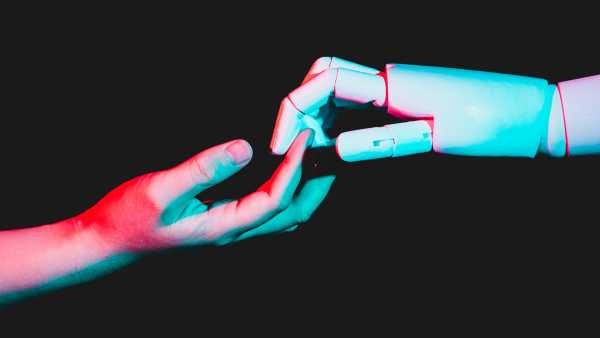
“I Would Never Let a Robot Carry My Baby”: A Poll on “Pregnancy Robots” Divides Live Science Readers
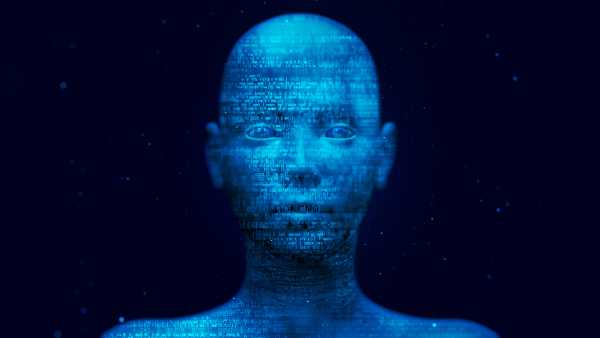
'It's impossible to put the genie back in the bottle': Readers believe it's too late to stop the development of artificial intelligence
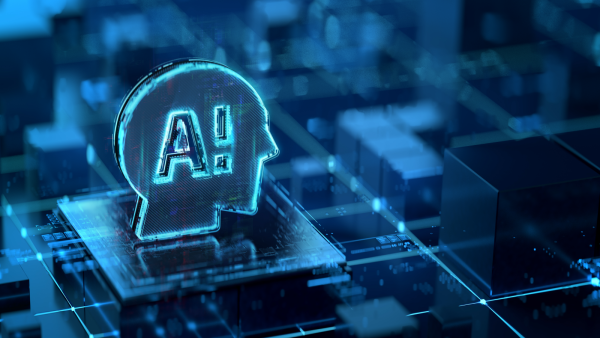
“I trust AI like a sailor trusts the sea. It can carry you far, but it can also drown you.” Survey results show that the majority distrust AI.
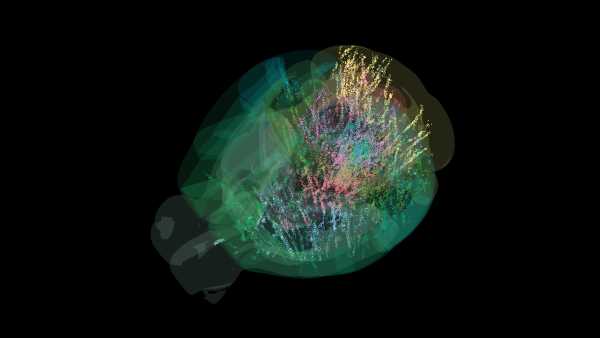
A map of 600,000 brain cells rewrites the textbook on how the brain makes decisions.
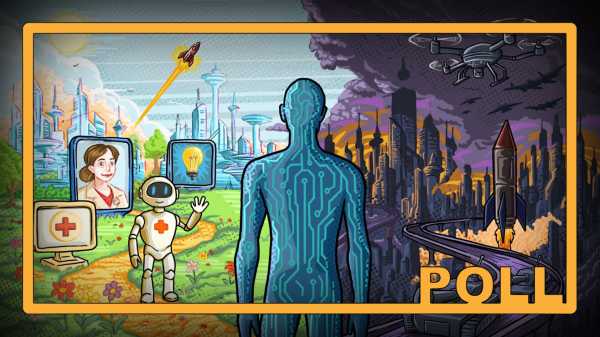
Do you think we should stop the development of AI before it becomes a threat to our species?

Do you trust artificial intelligence?
Latest news in the healthcare sector

Is acetaminophen safe during pregnancy? Here's what the science says.
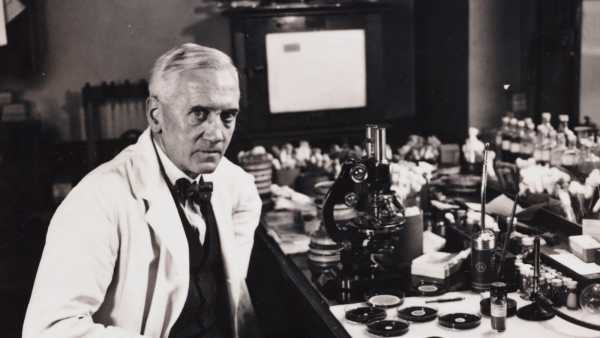
Alexander Fleming wakes up to find strange mold growing in a petri dish and then accidentally discovers the first antibiotic – September 28, 1928
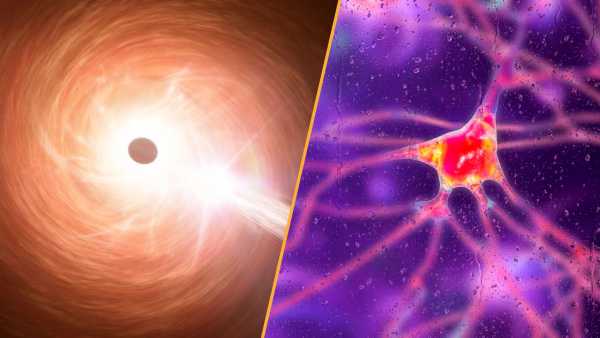
A breakthrough drug for Huntington's disease and a fast-growing black hole that defies the laws of physics.
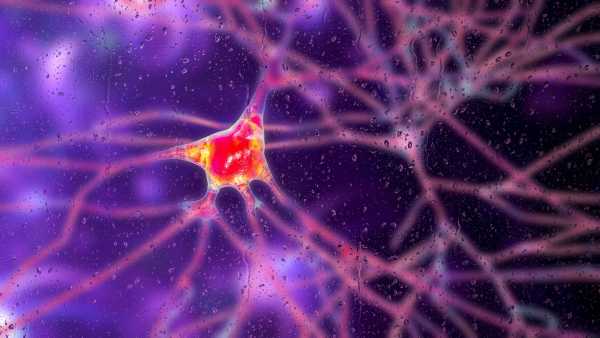
A groundbreaking gene therapy is the first treatment for Huntington's disease that can slow the disease's progression.
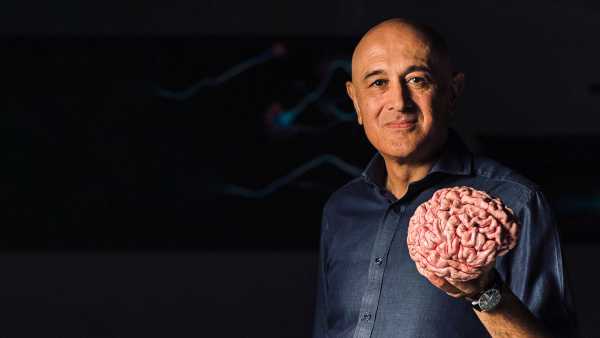
In Secrets of the Brain, Jim Al-Khalili explores 600 million years of brain evolution to understand what makes us human.
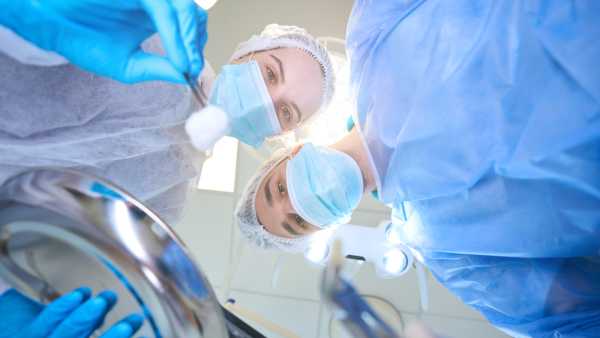
Doctors restored a man's vision by removing a tooth and implanting it in his eye.
Latest news
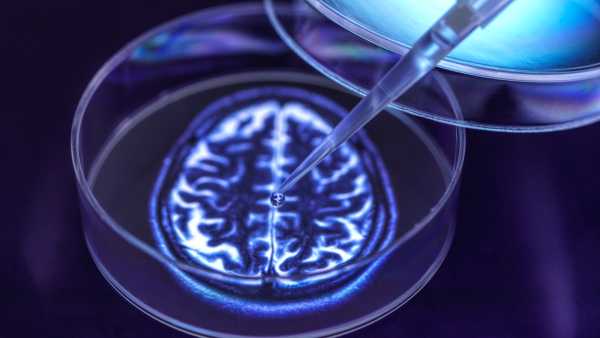
“Honestly, I'm not sure about it at all”: A survey revealed public uncertainty about experiments with lab-grown conscious “mini-brains”
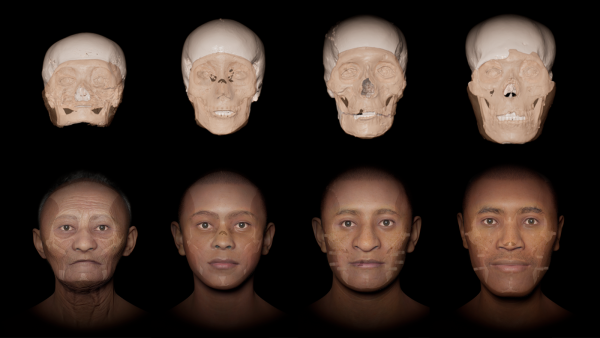
Scientists have used digital technology to remove the “death masks” from four Colombian mummies, revealing their faces for the first time.

Stars live longer, strange life after almost being swallowed by a black hole

The James Webb Space Telescope has discovered a 'farting' dwarf planet with fluorescent gas in the outer solar system.
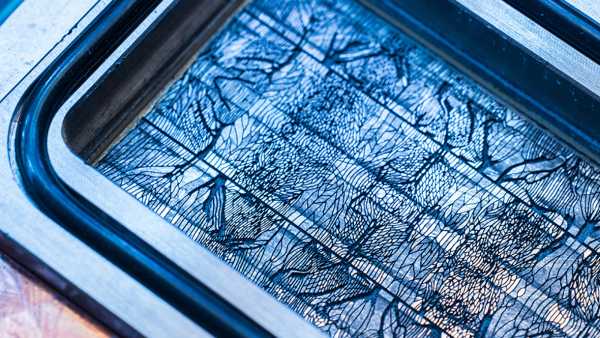
Microsoft unveiled new liquid-cooled computer chips that could prevent AI data centers from overheating.

Life-size rock carvings point the way to Saudi Arabia's earliest inhabitants and the desert oases they used
LATEST ARTICLES
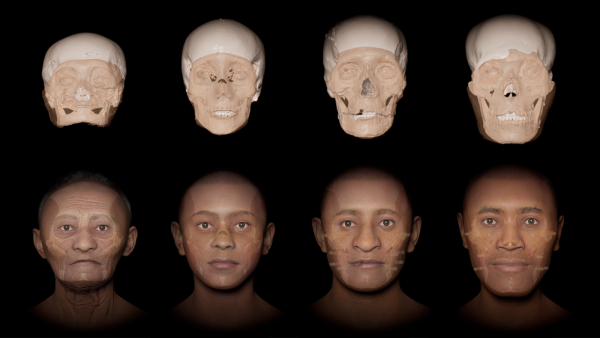
Scientists have used digital technology to remove the “death masks” from four Colombian mummies, revealing their faces for the first time.
Live Science magazine is part of Future US Inc., an international media group and leading digital publisher. Visit our corporate website.
- About Us
- Contact Future experts
- Terms and Conditions
- Privacy Policy
- Cookie Policy
- Accessibility Statement
- Advertise with us
- Web notifications
- Career
- Editorial standards
- How to present history to us
© Future US, Inc. Full 7th Floor, 130 West 42nd Street, New York, NY 10036.
var dfp_config = { “site_platform”: “vanilla”, “keywords”: “type-news-daily,van-disable-inbody-ads,serversidehawk,videoarticle,van-enable-adviser-
Sourse: www.livescience.com





